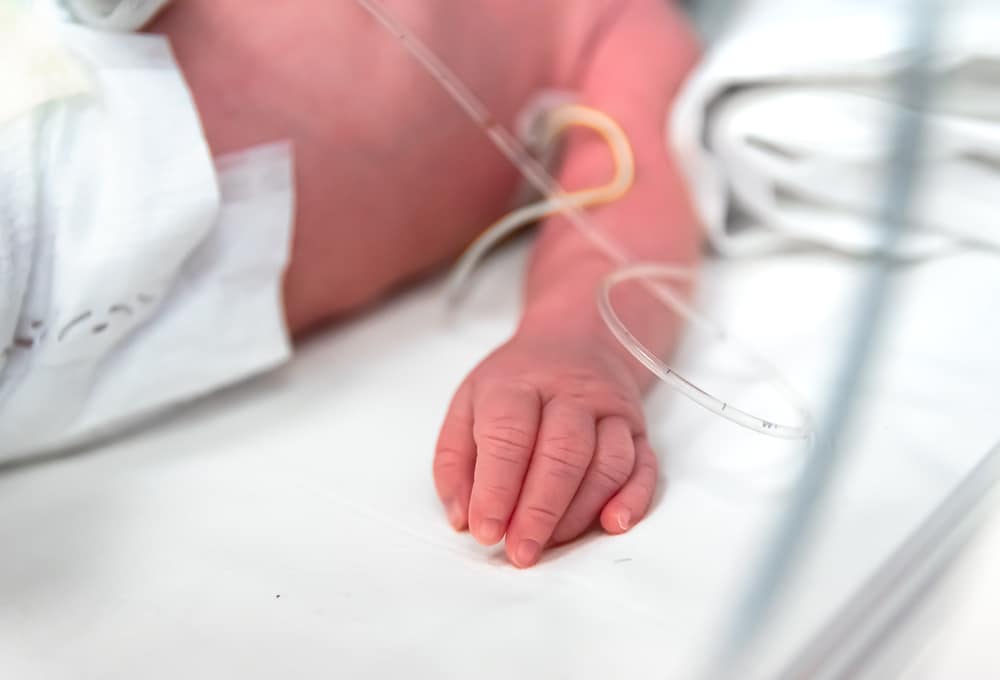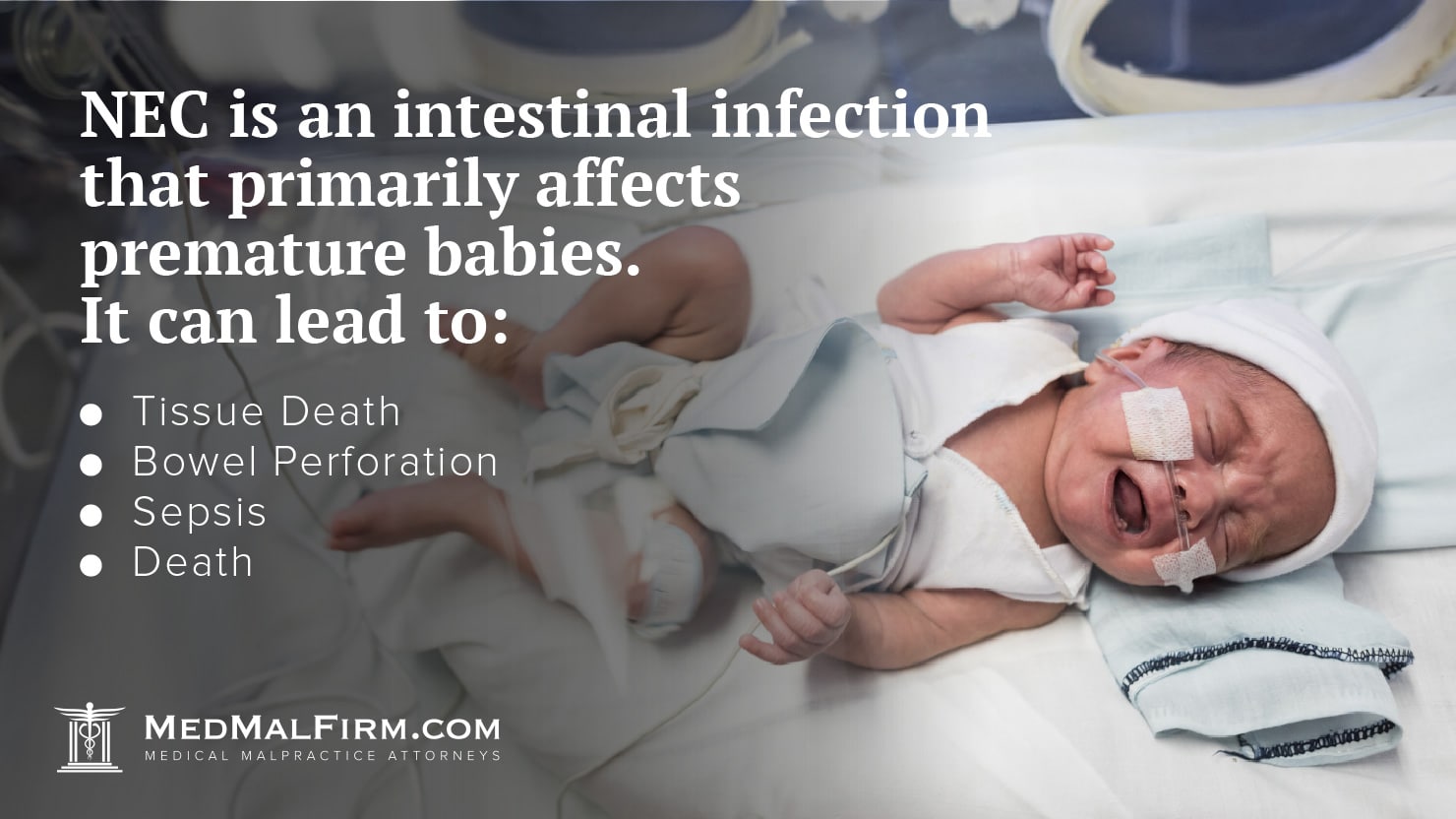
Study Shows Human Milk Diet Reduces the Risk of NEC
For many years, researchers have explored the risks and benefits of feeding newborns exclusively human milk versus feeding them cow’s milk based, or artificial, formulas. There are varying opinions on just how healthy formulas are….
For many years, researchers have explored the risks and benefits of feeding newborns exclusively human milk versus feeding them cow’s milk based, or artificial, formulas. There are varying opinions on just how healthy formulas are. One thing that researchers seem to agree on, however, is that a human milk diet is healthier for premature and low birth weight (LBW) newborns. In fact, studies show that human milk reduces the risk of NEC (necrotizing enterocolitis), a dangerous condition primarily affecting premature newborns.

Human Milk Versus Formula
In 2019, researchers conducted randomized or quasi-randomized controlled trials to compare outcomes among infants fed breast milk versus those fed formula.
The study focused on premature or LBW infants as identified in the Cochrane Neonatal search, the Cochrane Central Register of Controlled Trials, Ovid Medline, Embase and the Cumulative Index to Nursing and Allied Health Literature. Researchers also reviewed previous clinical trials and reviews.
In total, 12 trials were applicable to the review, including 1,879 infants. The results of the review show a clear distinction between outcomes in breast milk-fed infants and those fed formula. While infants fed formula in the hospital had higher rates of weight gain, linear growth and head growth, they also had an increased risk of developing necrotizing enterocolitis (NEC).
Breast milk contains lactoferrin and immunoglobulins that promote intestinal maturation and adaptation. This further improves feeding tolerance and protects the infant from inflammatory or infective diseases and disorders.
Unfortunately, while formula may help promote growth, it does not have the protective means that human milk has. Instead, it is actually damaging to a newborn’s intestinal system because they cannot adequate break down bovine (cow’s milk) protein. Not being able to process cow’s milk-based formula can cause an inflammatory response and lead to bacterial infection and NEC.
The Risk of NEC
NEC is a dangerous gastrointestinal disease that develops due to infection or inflammation in the intestines. This causes bacteria to grow and the lining of the intestine can begin to die (necrosis). Tissue death can cause bowel perforation, leading to intestinal fluid leaking into the abdominal cavity. It can further lead to sepsis or death.
The exact cause of NEC is not well understood, but experts believe that the two primary contributing factors are:
- Oxygen deprivation during labor and delivery
- Feeding cow’s milk-based formula
It is vital that doctors diagnose and initiate treatment immediately. Around 50% of infants who develop NEC do not survive. Those that do often suffer long-term medical issues, such as gastrointestinal issues, short bowel syndrome, sepsis, or cerebral palsy if oxygen deprivation is a factor.
The best way to prevent NEC is to avoid feeding newborns cow’s milk-based formulas and fortifiers. This is especially important for premature infants and those with LBW. Experts and research supports use of human milk to reduce NEC rates, and organizations like the American Academy for Pediatrics (AAP) recommends only feeding newborns human milk for the first six months in order to avoid the risk of NEC and other diseases.
NEC and Medical Malpractice
The exact causes and risk factors for NEC may not be well understood, but there is one thing that is clear – there are ways that NEC can be prevented, or the risk of NEC can be reduced. Sadly, there are cases of NEC that are the result of medical negligence. Some examples include:
- A doctor did not recognize symptoms of NEC and make a proper diagnosis.
- A doctor misdiagnosed your child’s condition.
- After making a diagnosis, treatment was not immediately initiated.
- A doctor, nurse or midwife did not provide treatment aligned with medical standards.
If your family has been affected by medical negligence, contact our NEC lawyer to learn more about your rights and options. You may be entitled to compensation for your child’s injuries and any resulting financial losses.
Sources:
